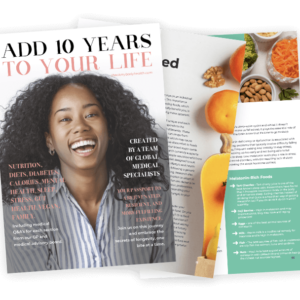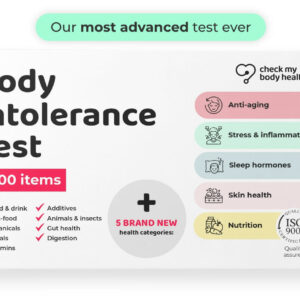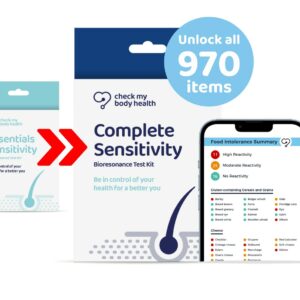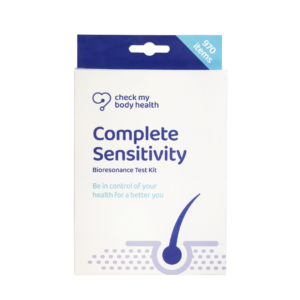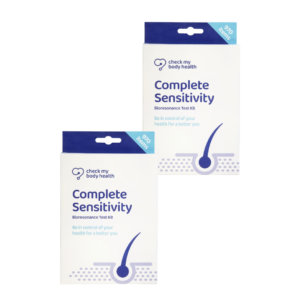Published Jan 26, 2021
Many of us have considered embarking on a detox diet or a ‘cleanse’. We might decide to do one after a holiday full of indulgent treats or after Christmas when biscuits for breakfast becomes our norm. Or it might be because we simply want to lose weight or feel healthier. If we Google ‘detox diet’, then we’ll get thousands of results, all promising to make us better versions of ourselves.
But many of these diets are unscientific and have no robust evidence that they actually work. Cutting down on certain things can be beneficial and can lead to the promised land of better skin, less bloating and increased energy. So how do we know what’s right?
What is a detox diet?
A detox can describe anything from cutting out caffeine and alcohol for a few days, to a more drastic regime of living on nothing but juices for a couple of weeks. Or, we might decide to cut out gluten forever, or to follow a strict whole food, plant based diet full of fruits, vegetables, grains, pulses, nuts and seeds in their purest, unprocessed forms.
Either way, cutting out the things we deem ‘bad’ or that we know don’t react well in our bodies makes a lot of sense, be that for the short, or long term. There are no hard and fast rules to detoxing, and it’s important that we do what feels right.
Giving up caffeine can mean we experience headaches for a few weeks. But depending solely on juiced fruits and vegetables can cause severe headaches, nausea, an inability to concentrate and dangerous dizzy spells. No amount of benefits will outweigh having an accident due to lack of concentration. So any kind of detox needs to be done sensibly.
The dangers of detox diets
The idea of a detox diet is to ‘eliminate toxins’. However, the body already does a great job of doing this itself! There are six organs that help the body eliminate toxins – the liver, kidneys, skin, lungs, lymph system and large intestine. These all help to rid the body of pollutants we might breathe in or consume, and those that we produce naturally as a by-product of breathing and digestion.
We can of course give these organs a hand, by eating a healthy diet high in antioxidant rich fruits and vegetables, not smoking and not drinking too much caffeine or alcohol. But severely restricting our calorie intake can be dangerous.
In fact, when we starve our body of the nutrients it needs, our body will start to produce ketones. These compounds can lead to dehydration, nausea and feeling weak and drained of energy. Prolonged starvation will lead the body to break down the muscles and can even compromise the immune system.
Plus, the weaker we are, the less inclined we’ll be to exercise, which is unhealthy in itself.
The benefits of detox diets
Of course though, if done sensibly, there are benefits to detoxing and eating healthily. A five day juicing diet can lead to weight loss and give the gut time to rest and heal if it needs to.
Also, increasing our intake of fresh fruits and vegetables, whilst cutting out white carbs, full fat dairy, sugary foods and unhealthy saturated fats is always going to be beneficial.
If we’re overweight, lacking in energy or generally feeling unhealthy, then this kind of detox will likely benefit us the most.
The key is moderation. If you’re thinking of an extreme juice cleanse, don’t do it for more than four or five days. It’s expected that you’ll feel ill before you reap any benefits, but if it means you’re dangerously dizzy or unwell, then stop. Or, switch to a diet rich in lean meats, oily fish, fruits, vegetables, pulses, nuts, seeds and grains and let your body take care of the rest!
Written by Bev Walton
Food Writer and Nutritionist, dietician
A chef of over 35 years with experience in all types of cuisine, dietary plans, recipe development, health and nutrition. I have been writing for over 10 years for both magazines, websites and ghostwriting for ebooks, Kindle and fully published books. I have a degree in nutrition and dietetics and work with restaurants and organisations within the healthcare profession. I am also able to take high quality photographs of recipes created. No writing task is too great, and whilst I specialise in the above, I am able to write about any topic you throw at me. Member of the Guild of food writers.


